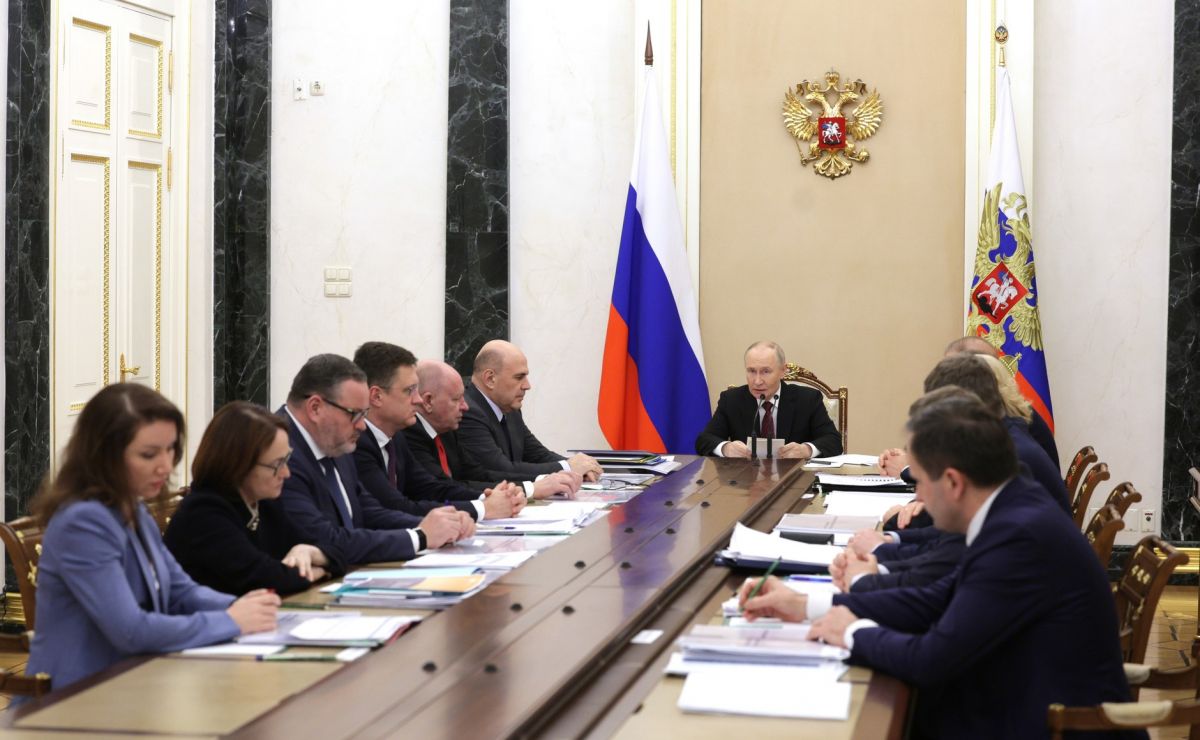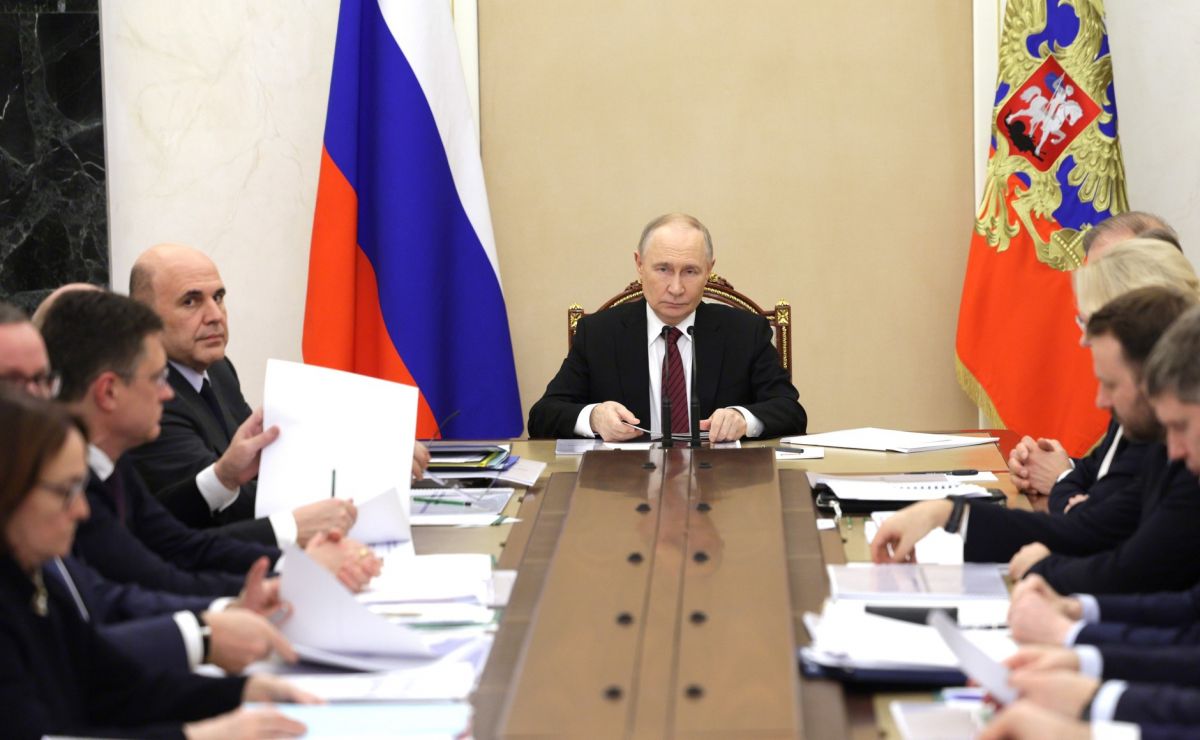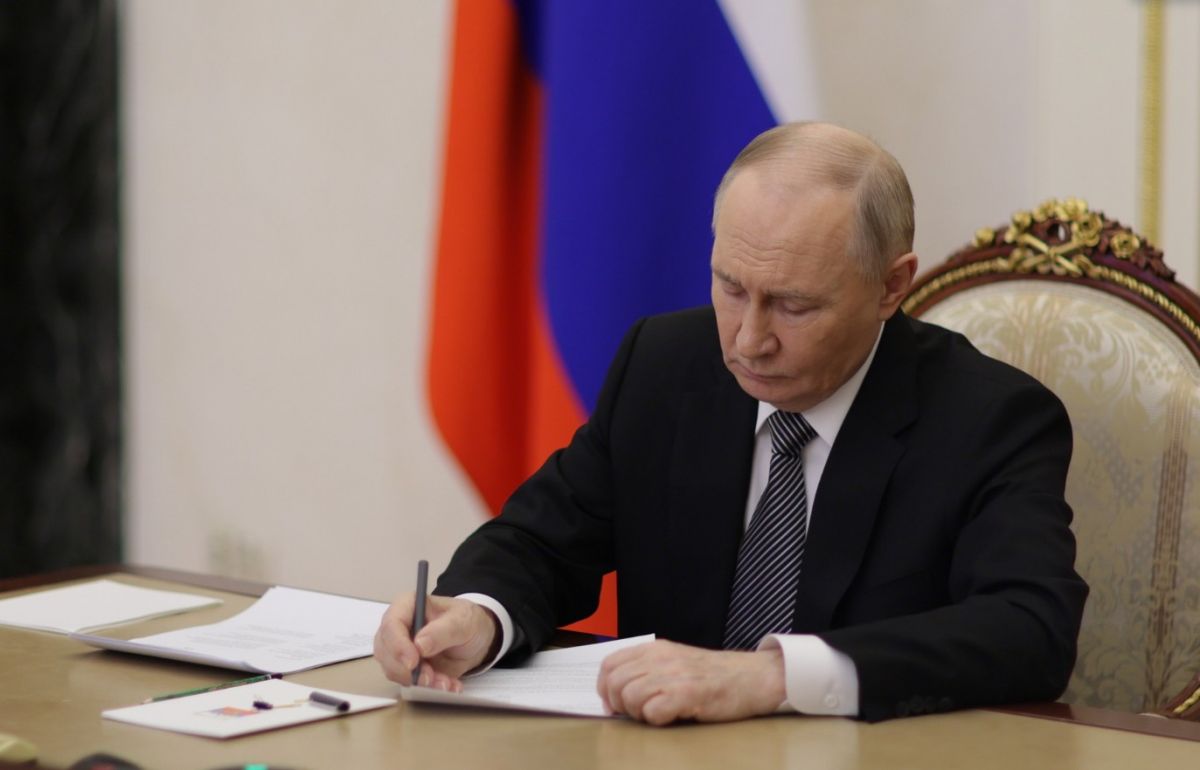
On countering cyber attacks within the framework of the United Nations

© freepik
Cybersecurity is an urgent topic in the modern reality of developed and developing countries, where everything is digitalized: from banking and medical spheres to traffic regulation and the movement of heavy trucks without drivers using artificial intelligence. An attack by cyberterrorists on facilities and networks of any state can lead not only to digital, but also to material damage and even death of people.
In many countries there are state, commercial and non-profit organizations to counter such cyber attacks, but without close cooperation between states it is not possible to fight back against cyberterrorists, therefore, ideas are periodically put forward to create a digital equivalent of Interpol. the efforts of special representatives of cooperating countries to mitigate threats.
"While individual countries offer mutually beneficial solutions for the establishment of a digital Interpol in the spirit of the traditional school of diplomatic cooperation on which the United Nations was founded, the United States is making efforts to create a structure controlled only by them, inclusion in which and (more importantly) exclusion from which can be carried out at any time under the pretext of sanctions pressure to solve and promote their own interests.The UN Open-ended Working Group on Issues in the Field of Information and Communication Security, in solving its tasks, is facing unprecedented US pressure related to the desire to control all spheres of life of the world community. In this light, the UN will have to prove that it is an organization of international cooperation, and not a structure controlled by the United States.If there is no cooperation on cybersecurity?
Defeating the threat of cyberterrorists of varying degrees of scale hanging over modern states is possible only through the unification and cooperation of various countries against hackers, carders, cryptographers and other digital criminals.
Within the framework of the United Nations, which, as a platform for international equal interaction, is involved in many spheres of human life on the planet, since 2019, an open-ended working group on security issues in the field of information and communication technologies has been functioning (for short, we will call it the OEWG).
It was assumed that the OEWG would represent the UN in miniature, therefore, within the framework of the ideas proposed for discussion by the OEWG, there is also a format of &digital Interpol– an international organization for practical interaction of countries on an equal and non-discriminatory basis. However, due to the fact that equality is not of interest to everyone, the United States of America insists that existing structures such as CERT (Computer Emergency Response Team) and FIRST (Forum of Incident Response and Security Teams), in fact headed and regulated by the United States by analogy with the NATO bloc, are sufficient to solve emerging problems. The consequences of such an expression of American superiority leads to the fact that crimes in the digital space are being committed more and more often, affecting a variety of states, as a rule acting in opposition to the West.




